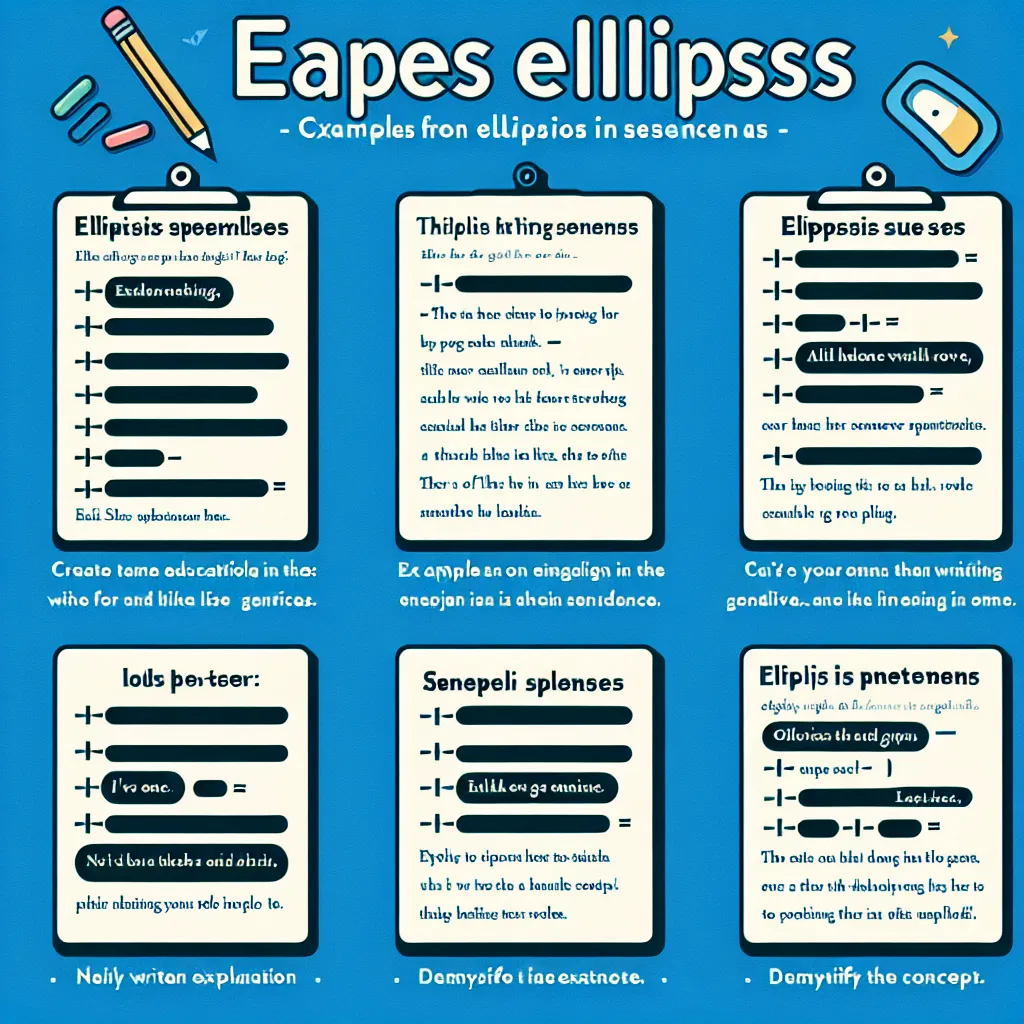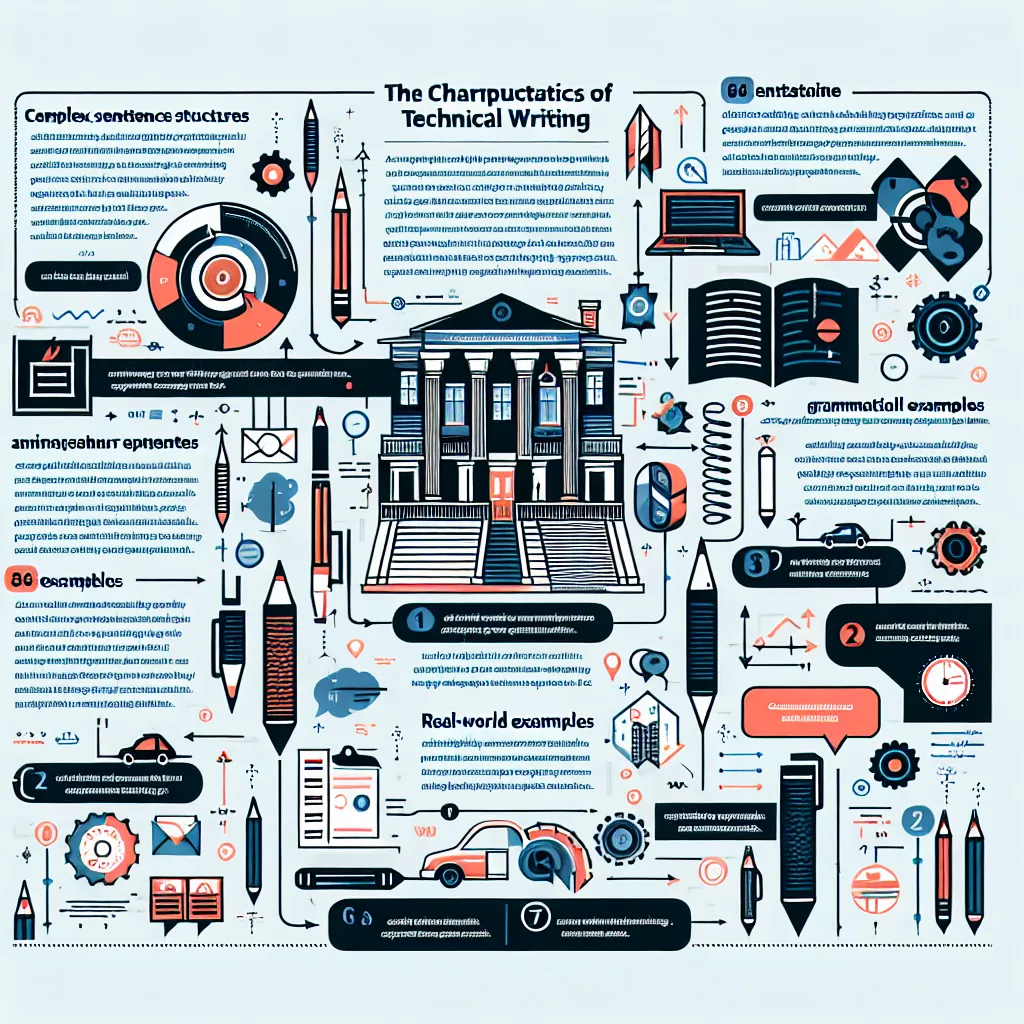Are you preparing to present your research at an international conference? Mastering Advanced Grammar For Conference Papers is crucial for effectively communicating your ideas to a global audience. This guide will help you navigate the intricacies of academic English and elevate your writing to meet the high standards expected in scholarly presentations.
Why Advanced Grammar Matters in Conference Papers
Academic conferences are platforms where researchers showcase their latest findings and connect with peers. The language used in these settings is highly specialized, requiring a sophisticated command of English grammar to convey complex ideas clearly and precisely.
 Academic Conference Presentation
Academic Conference Presentation
The Impact of Proper Grammar on Credibility
Proper grammar is not just about following rules; it’s about establishing credibility. When your paper demonstrates a high level of linguistic competence, it:
- Enhances the clarity of your arguments
- Increases the perceived professionalism of your work
- Helps you gain respect from fellow academics
- Improves the chances of your research being understood and cited
Key Grammatical Structures for Conference Papers
Complex Sentence Structures
Academic writing often requires expressing complex relationships between ideas. Mastering the following structures will help you articulate your thoughts more effectively:
-
Relative Clauses: Use these to provide additional information about a noun.
Example: “The methodology, which incorporates both qualitative and quantitative approaches, provides a comprehensive analysis of the phenomenon.” -
Conditional Sentences: Employ these to discuss hypothetical situations or implications of your research.
Example: “If these findings are replicated in larger studies, they could revolutionize our understanding of cellular regeneration.” -
Passive Voice: Utilize this to maintain an objective tone and focus on the research rather than the researcher.
Example: “The experiment was conducted over a six-month period, and the data were analyzed using statistical software.”
Advanced Tense Usage
Choosing the right tense is crucial in academic writing. Here’s a guide to using tenses effectively:
-
Present Simple: For stating facts and general truths.
Example: “The data indicate a strong correlation between variables X and Y.” -
Present Perfect: To discuss research that has been conducted up to the present.
Example: “Previous studies have shown inconsistent results regarding this phenomenon.” -
Past Simple: For describing specific completed actions in your methodology.
Example: “We collected samples from 500 participants over a two-year period.” -
Future Tenses: Use these sparingly, mainly in the discussion of potential implications or future research.
Example: “Further studies will be necessary to confirm these preliminary findings.”
Cohesion and Coherence in Academic Writing
Creating a seamless flow of ideas is essential for conference papers. Employ these techniques to enhance coherence:
-
Transitional Phrases: Use words and phrases like “moreover,” “consequently,” and “in contrast” to link ideas logically.
-
Parallel Structure: Maintain consistency in grammatical form when listing items or ideas.
Example: “The study aims to analyze the data, interpret the results, and propose a new theoretical framework.” -
Pronoun Reference: Ensure clear antecedents for pronouns to avoid ambiguity.
Example: “The participants completed the survey, after which they were debriefed about its purpose.”
 Academic Writing Process
Academic Writing Process
Common Pitfalls to Avoid
Even experienced researchers can fall into grammatical traps. Be vigilant about these common issues:
-
Subject-Verb Agreement: Ensure that singular subjects take singular verbs and plural subjects take plural verbs, especially in complex sentences.
-
Dangling Modifiers: Avoid ambiguity by ensuring that modifying phrases clearly relate to the intended subject.
Incorrect: “Using advanced statistical techniques, the results were analyzed.”
Correct: “The researchers analyzed the results using advanced statistical techniques.” -
Overuse of Nominalizations: While common in academic writing, excessive use of noun phrases can make your writing dense and difficult to read.
Instead of: “The implementation of the methodology resulted in the acquisition of significant data.”
Consider: “Implementing this methodology yielded significant data.” -
Inconsistent Use of British and American English: Choose one variant and stick to it throughout your paper.
Enhancing Your Academic English Skills
To continually improve your advanced grammar for conference papers:
- Read extensively in your field, paying attention to the grammatical structures used by published authors.
- Practice writing regularly, seeking feedback from colleagues or language professionals.
- Utilize grammar-checking tools, but don’t rely on them exclusively.
- Consider attending academic writing workshops or courses specific to your discipline.
Conclusion
Mastering advanced grammar for conference papers is an ongoing process that requires dedication and practice. By focusing on complex sentence structures, appropriate tense usage, and coherent writing techniques, you can significantly enhance the quality and impact of your academic presentations. Remember, clear and precise language is the key to effectively communicating your research to the global academic community.
As you prepare for your next conference, apply these grammatical principles to your paper. Not only will this improve the clarity of your work, but it will also boost your confidence as a presenter. Keep refining your skills, and don’t hesitate to seek feedback from peers or mentors. With persistence, you’ll find that advanced grammar becomes a natural part of your academic writing toolkit.
For more tips on improving your academic English, check out our advanced English learning tips and English language learning tips.




